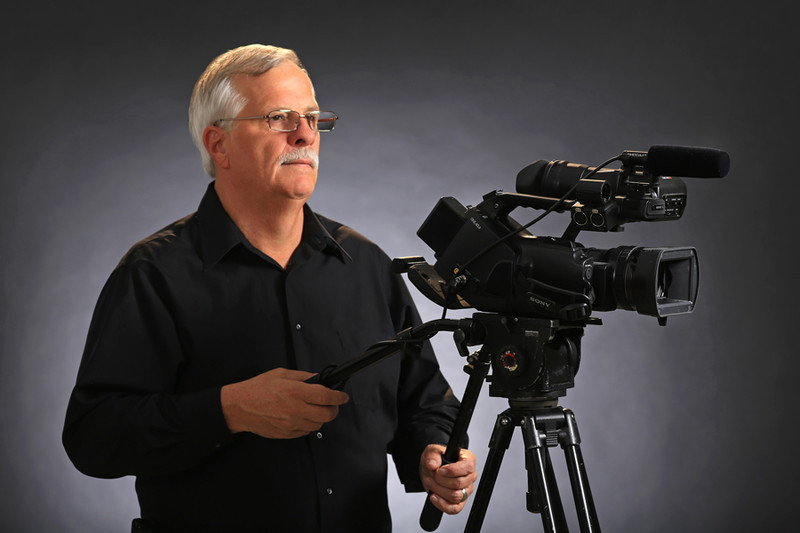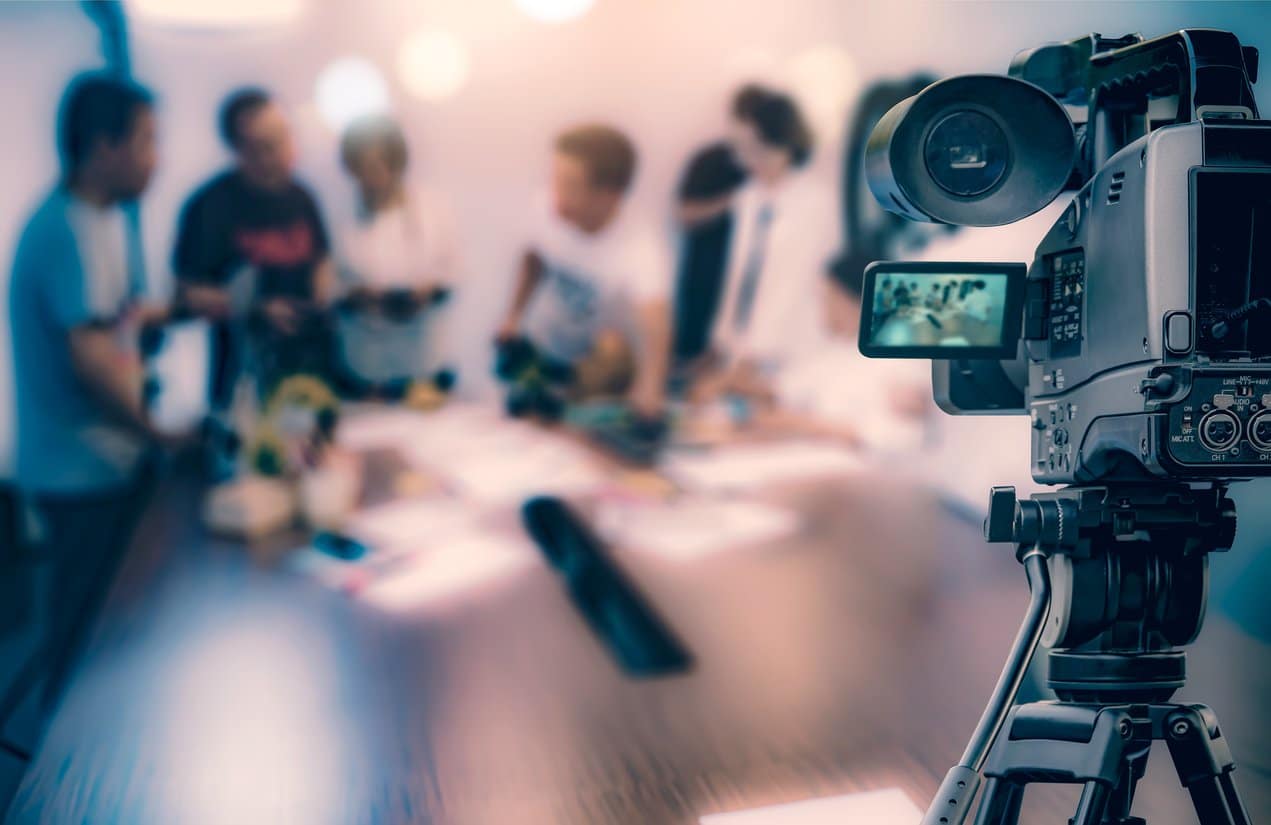Efficient Legal Videography Options.
Efficient Legal Videography Options.
Blog Article
The Duty of Lawful Videography in Depositions and Tests
Lawful videography has arised as a vital device in both depositions and trials, giving a multifaceted strategy to documenting witness testimonies. As lawful professionals progressively recognize its value, it motivates a deeper assessment of how these visual records can affect juror perceptions and trial end results.

Importance of Legal Videography
Lawful videography plays a crucial function in the documents and discussion of depositions and tests. This specialized field integrates technological skills with lawful knowledge to create a trustworthy record of proceedings that can considerably affect instance outcomes. The visual aspect of legal videography improves the understanding of witness testament, allowing jurors and judges to observe not only the spoken words however likewise the attitude, feelings, and body movement of the witnesses.
Furthermore, lawful videography supplies an unbiased account of events, reducing the potential for misconception that can happen with written transcripts alone. This visual documents works as a vital tool during test discussions, promoting a more clear and more influential story for both complainants and defendants. Moreover, the capacity to replay video clip sections during court process allows lawful groups to stress bottom lines, enhancing their debates properly.
The relevance of legal videography prolongs beyond the court room; it likewise plays a vital function in preserving proof for future reference, whether for charms or further lawsuit. Because of this, its assimilation into the lawful process is crucial for making certain a fair and accurate depiction of the facts, eventually contributing to the quest of justice.

Process of Legal Videography
While recording the nuances of depositions and trials, the process of legal videography includes numerous critical steps that guarantee premium, precise recordings. A specialist lawful videographer prepares by assessing the instance products and recognizing the details needs of the deposition or test. This preparation includes familiarizing themselves with the participants and the context, which aids in capturing relevant details.
On the day of the recording, the videographer establishes the necessary equipment, which commonly includes high-definition cameras, microphones, and correct lights. Ensuring optimum angles and audio quality is important, as it directly impacts the performance of the recording. The videographer connects with lawyers and participants to establish methods, making sure that everyone recognizes the recording procedure.
During the deposition or test, the videographer diligently tapes the procedures, paying attention to both spoken and non-verbal hints. This includes recording the disposition and responses of witnesses and lawyers. After the session wraps up, the videographer might edit the video footage for quality and compliance with legal criteria, creating a final item that precisely mirrors the procedures for future reference and usage in legal contexts.
Benefits in Depositions
The unification of videography in depositions provides numerous benefits that enhance the general process of gathering proof. One primary advantage is the ability to record witness testimonies with aesthetic and auditory integrity, providing an extra precise depiction of the witness's attitude, tone, and body language. This multidimensional technique allows attorneys and courts to evaluate credibility extra successfully than traditional written records alone.
In addition, videographed depositions serve as an effective device for preserving statement. Needs to a witness become not available for test, their tape-recorded deposition can be played in court, making certain that their proof remains easily accessible and relevant. This aspect dramatically lowers the risk of shedding critical information that might affect instance outcomes.

Lastly, videography enhances the overall professionalism of the deposition process, instilling self-confidence in customers relating to the thoroughness of their legal representation (legal videography). By leveraging technology, lawyers can dramatically enhance the efficiency of depositions
Impact on Tests
In several trials, the integration of videography can significantly affect the discussion of evidence and the court's understanding. Legal videography records witness testaments and vital evidence in a vibrant style, allowing jurors to involve with the material on multiple degrees. This visual part improves the storytelling element of a trial, giving context and emotional resonance that typical text-based evidence might lack.
In addition, video recordings can serve as effective tools for impeachment throughout cross-examination. When disparities develop between a witness's previous statements and their court testimony, video clip proof offers an unbiased recommendation that can guide jurors' viewpoints. This immediacy and quality can reinforce the reliability of an event's narrative while all at once undermining opposing disagreements.

Future Trends in Legal Videography
As we look towards the future of legal videography, several emerging trends promise to improve its duty within the court room. One substantial fad is the assimilation of fabricated knowledge (AI) in video analysis and editing. AI can streamline the procedure of determining essential moments in recorded depositions, permitting lawyers to swiftly access relevant content, therefore boosting effectiveness in case preparation.
Additionally, the surge of digital truth (VR) and boosted truth (AR) technologies is anticipated to change how jurors experience proof. legal videography. By submersing jurors in a substitute environment, these modern technologies can supply a much more extensive understanding of complicated scenarios, bring about more informed considerations
Furthermore, the increasing demand for remote depositions, increased by the COVID-19 pandemic, will likely proceed. Legal videographers will certainly need to adjust to new software and systems to ensure high-quality recordings in digital settings.
Finally, the growing focus on information safety will certainly require more stringent protocols for storing and sharing video proof. As the legal landscape advances, legal videographers need to stay abreast of these patterns to keep their relevance and efficiency in the judicial procedure.
Conclusion
In recap, lawful videography serves a vital function in the judicial process, improving the honesty of depositions and trials. By catching the subtleties of witness testimonies, this medium not only protects crucial evidence however additionally get redirected here help in presenting info properly to jurors. The importance of visual paperwork in assessing reputation and helping with interrogation can not be overemphasized. As modern technology remains to develop, legal videography is positioned to more change its duty within the legal landscape.
Report this page